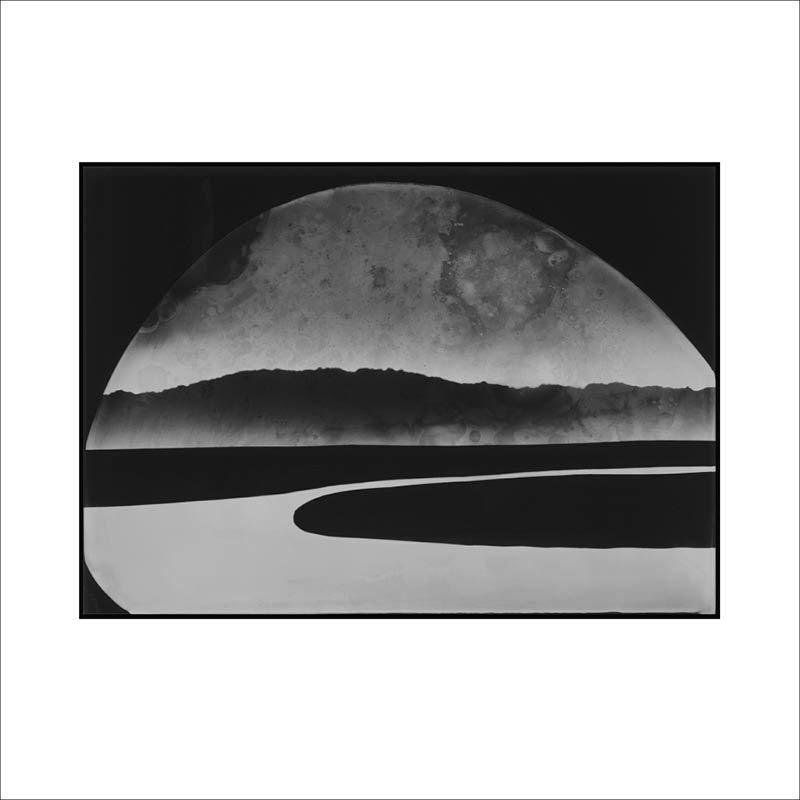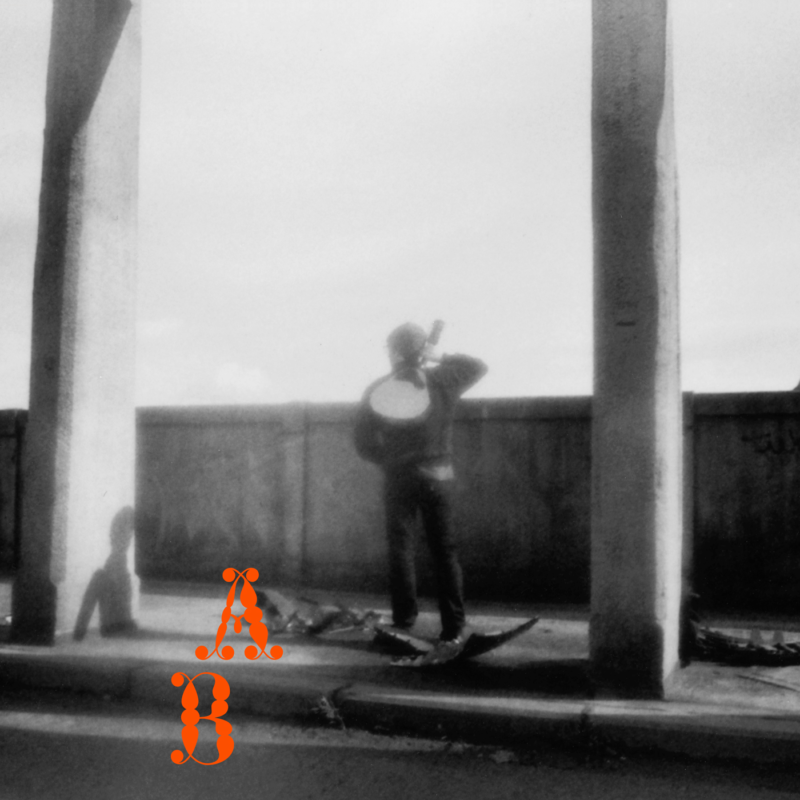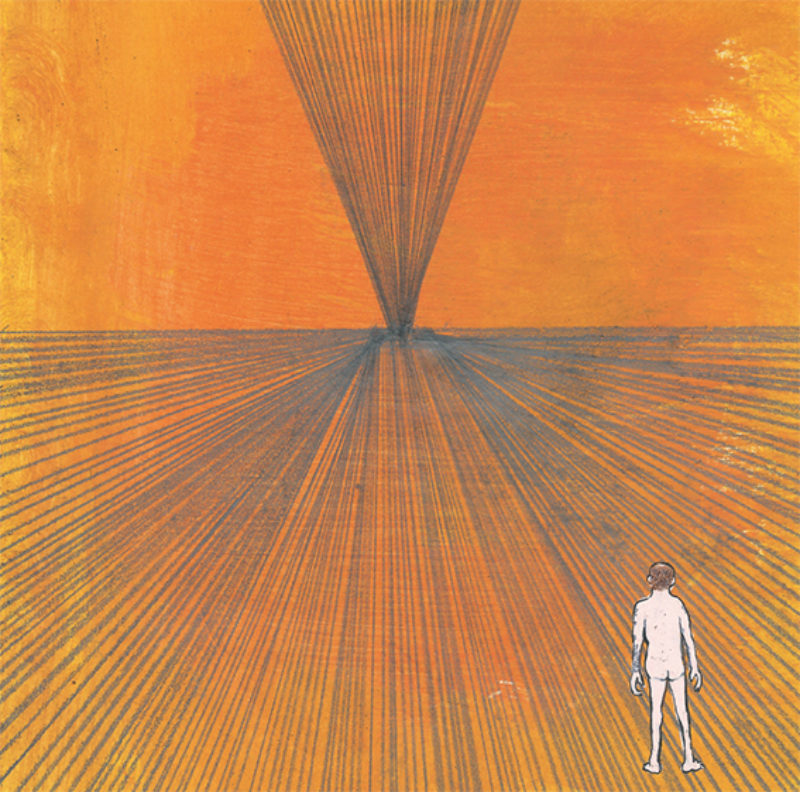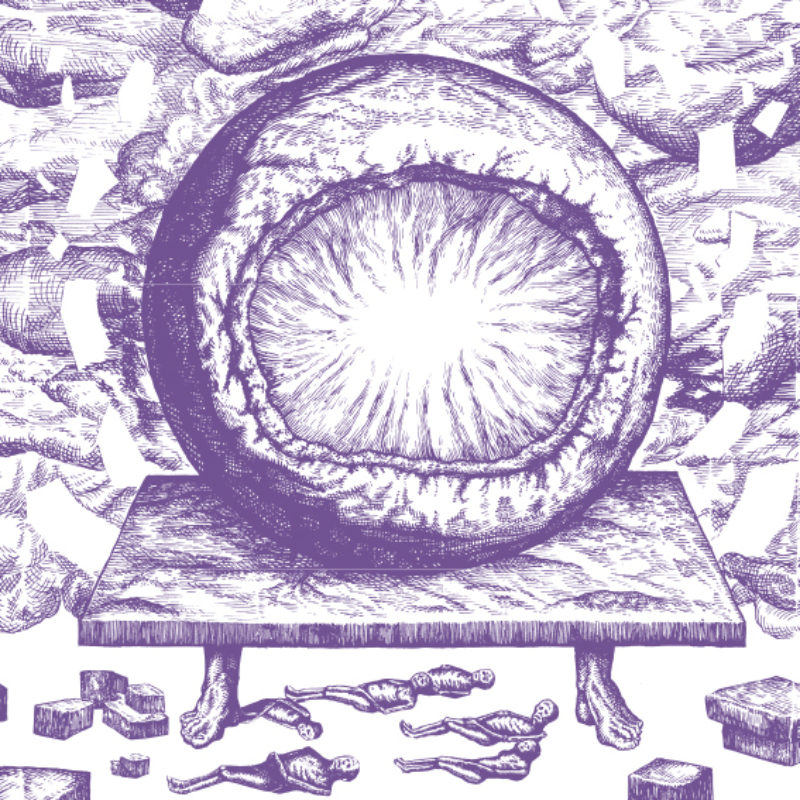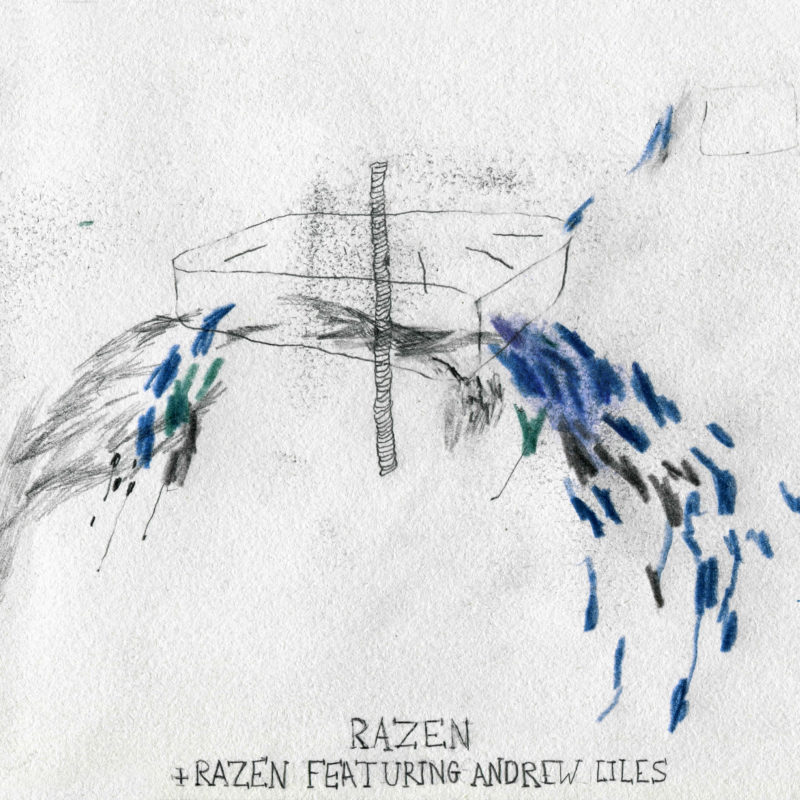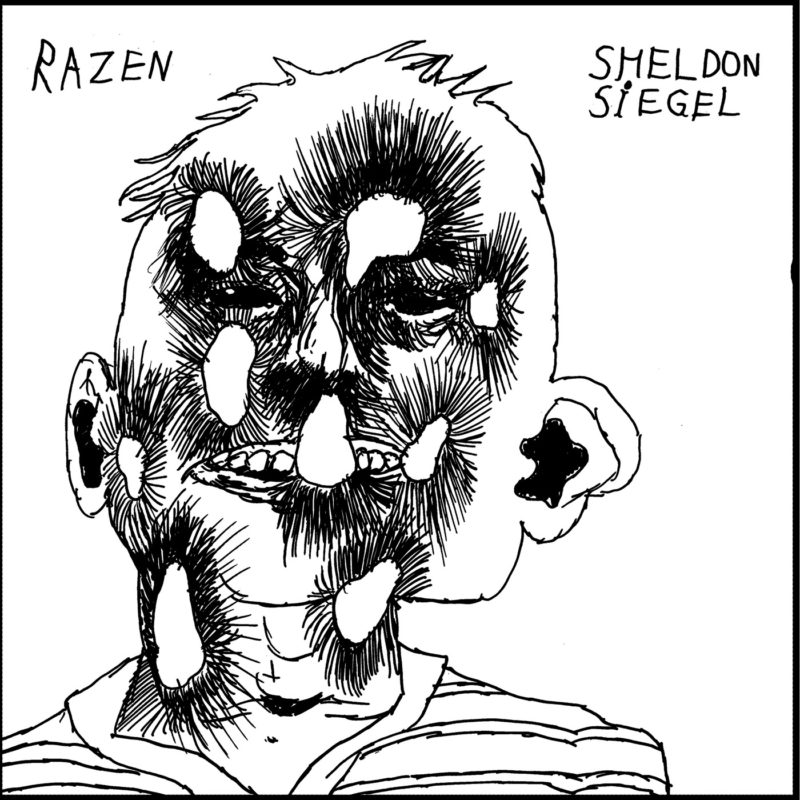Ameel Brecht
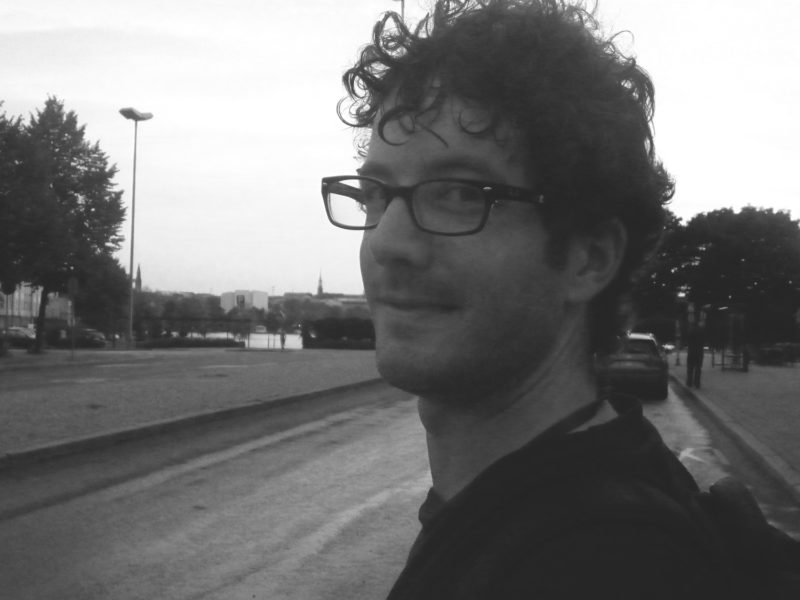
NL
As you know, I described your music as finger-picking based on European traditions rather than on American ones. What is your take on this?
BA
I think this is correct. When I start playing my music or when I am working on some of my tunes, I’ll never have something even remotely resembling a blues lick. It just does not come out of my fingers. Curiously, this has nothing to do with my listening habits, I grew up hearing a lot of blues and Takoma records, my father had John Fahey and Leo Kottke LPs so I was aware of that music very early, also stuff like Tampa Red, Bukka White…
But as a guitar player, I feel a stronger connection to renaissance and baroque music, to the music of Kapsberger, O’Carolan, and if I have to think of guitar players I will say John Renbourn, the dark sound of Julian Bream on his early Granados recordings, and the young Mike Oldfield – ‘tubular bells’, even with all of the off-the-wall instrumentation, it’s just a great guitar album.
NL
How important is the notion of craft for your music?
BA
I do think ‘craft’ is tremendously important, or ‘technique’, to use a really dirty word. A lot of people get it wrong when those words are used, though. Because it does not necessarily mean speed or agility. For me it has to do with a sense of commitment to the material, and a sense of control. I mean, a musician who chooses a no-input mixing board as instrument will need a great technique to get his or her story told. I think an audience always feels if the person on stage has made this commitment, no matter if it’s about playing a tuba or getting sound from contactmiked cans, no matter if it’s improvised or fully scored, no matter if there are a thousand tones or just one.
NL
In the interview you did with Stéphane Ginsburg, he mentioned that music in itself does not contain any emotion. What is your opinion on this as a musician yourself?
BA
If I remember correctly, what Stéphane meant, is that a combination of notes or tones in itself carries no meaning or emotion, it’s the person(s) hearing it who interpret it with a certain emotion. Well in a way that is right, ofcourse. On the other hand you have Pärt who claimed that the simple combination of a few notes holds the key to cosmic mysteries. Let’s say that I see ground to believe both of them. I’m pretty sure that sound in general, not just music, has a really strong connection to the primal beings that are still locked within ourselves. A part of our brain will react with a sense of either fear or relief to certain sounds. All great music plays on this, I think.
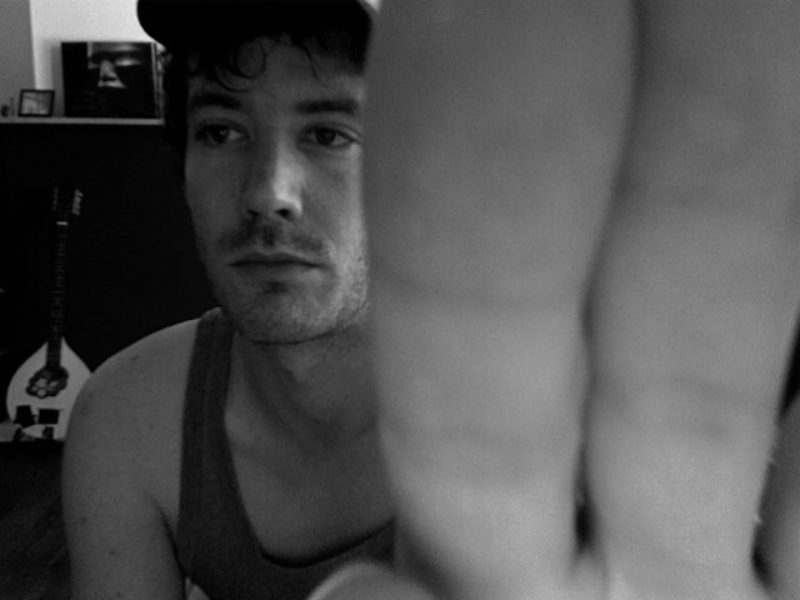
NL
How does your solo music relate to the music of Razen?
BA
Both fulfil certain extremes of my musical practice and of what I want to do and try as a musician. They stem from the same branch, the same interest in sound colours, timbral shocks and overtones, but they go in a different direction. My solo music is composed, there is room for change ofcourse and live I will always try out different things, but essentially every tune is composed, written down from start to finish. The music of Razen is improvised ensemble music, and those improvisations, live and on recording, are based on visual or aural fantasies that Kim and me will come up with, they are not based on a score. Also, my solo music is played mainly on guitar, an instrument which I would never use in the context of Razen, where a guitar would be a kind of blasphemy. My guitar and mandolin music is the music I play at home on the sofa, or in the kitchen, it’s the music of day-to-day, not meaning this in a derogatory way at all. The music of Razen for me is the music of night-time, of dreams within dreams, of pushing sound in order to discover new territories… The ambition for my solo music is an entirely different one, namely to write good tunes for my resonator guitar and resonator mandolin, and to be able to play them to the best of my abilities.
NL
I know that you went through a phase of nineties techno and electronic music. Is this (still) a part of your music?
BA
For sure electronic music, dance music, still has an important role for me as a music listener. It would be hard to pin down if there is a connection to my guitar playing. I think the strongest item coming from electronic music, for me, is a sort of sonic awareness. When my brother and me discovered raves and the club scene in our teens, and we replaced Voivod and Jesus Lizard with UR and Skam 12inches, it was ofcourse about the partying, but it was also about the experience of sound. A club environment tends to have a great sound system, and the music will be overwhelmingly loud, but never (or rarely) harsh, it won’t be Manowar playing live. I remember that we were in London for a Bloodsugar set in one of the clubs there. And we were queueing outside the building, and I suddenly realized that I was not really anticipating the party so much, I was anticipating what it would sound like inside. This was really magnetizing to me. Also, those early Warp tunes, early Detroit Techno, there was a strong narrative drive to those tracks, great mood and melodies. But going to clubs, you could say that I had a deep listening experience. Some of the music of CC Hennix or Eliane Radigue would have the same effect on me later on, the same mystery.
NL
Do you consider yourself a nineties kid? And how does it feel to be alive in 2017?
BA
Partly nineties, partly end of 80ies, I think. 2017 is a beautiful number, and it will be a good year – I hope. For me, the major personal difference living in 2017 is not the change of pace, internet and post-internet, or the way the world has evolved compared to the 80s or 90s. The big change is the change of perspective; from being a kid growing up at a time when the world was probably equally bewildering, to being an adult now with kids and a different set of responsibilities.
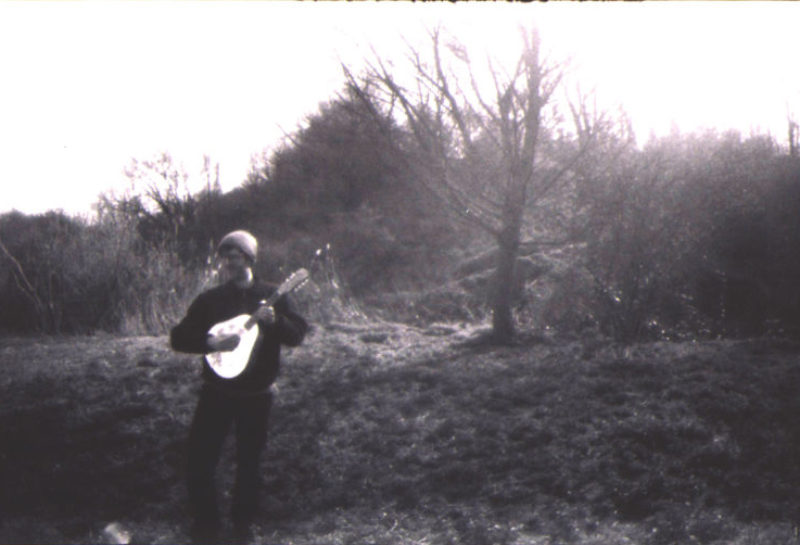
NL
Your record sounds as if a romantic soul was at work. Do you yearn for some remote, impossible past or place where life was better?
BA
Romantic or nostalgic, I wouldn’t know, really. What I do strongly believe is that whatever your age is, devoting time to reverie and imagination is as important as food or prayer. I do obsess over the notion of time… but in the end I’m quite convinced that there is only now.
